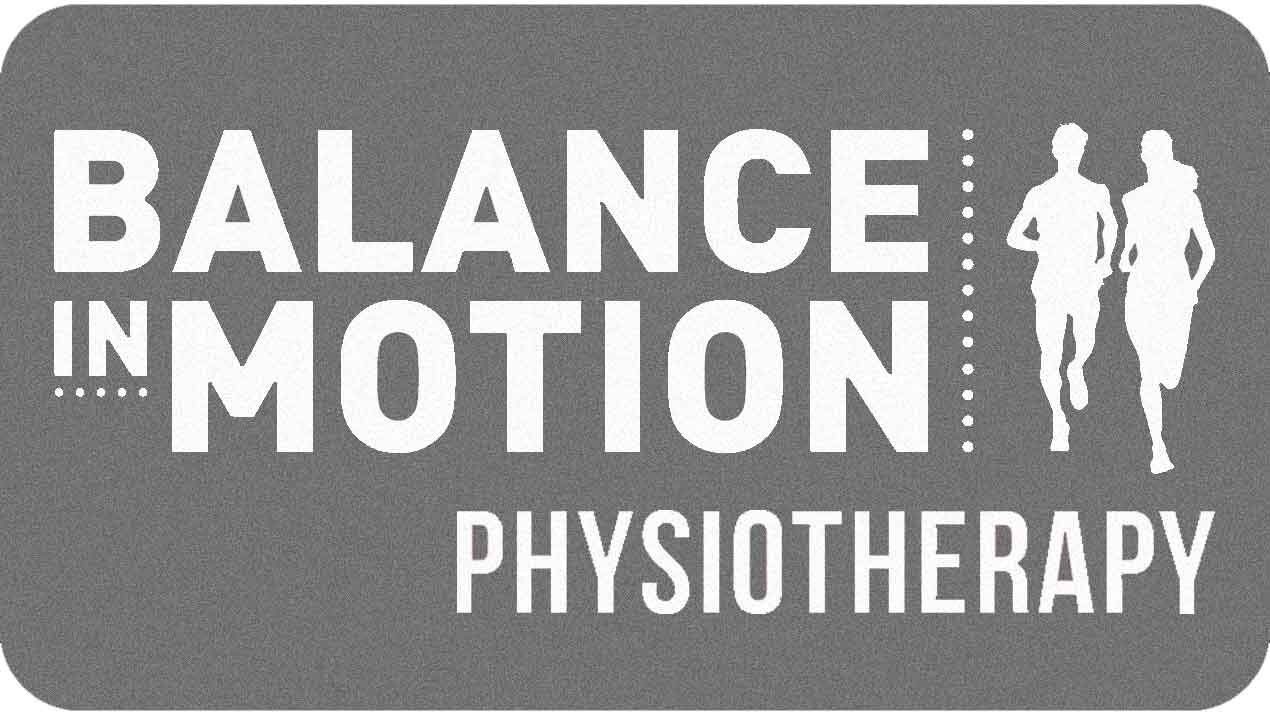Stress, Human Connection And The Vagus Nerve
/Gina here. I’m still on my never-ending journey to understand everything there is to know about how the body and mind interconnect, and I wanted to share with you all one of my new favourite theories.
It’s called the Polyvagal Theory, and it was developed by a guy called Stephen Porges. At a base level, this theory talks about how one of our nerves called the “vagus” nerve, has a few different branches, and with it a few different roles. Before I go deeper in to it, I just need to give you a little background.
I’m sure most of you have heard of the ‘fight, flight or freeze’ response. This is how our system responds to danger signals. Once these signals are sensed, our body reacts quickly, either by running away (flight), prepping to defend itself (fight), or by shutting down completely (freeze). All of these responses are designed to protect us, and prevent harm. These responses are largely controlled by the vagus nerve. Sometimes however, this system doesn’t shut off properly, even after the threat has passed, and our body continually feels as though it is under threat. Unfortunately, this can lead to chronic pain (and a whole bunch of other issues).
One of the branches of the vagus nerve supports what is known as the social engagement system. This system is basically designed to allow us to feel safe in the presence of others. When we see a friendly face, or hear a friendly voice, this system is activated and allows for our nervous system to be calmed. Ultimately, humans are social beings, and our systems are best regulated in relationships, in the presence of others.
As a little example, I’ve recently been watching a series called “Alone” on SBS on demand (on recommendation from one of my clients), where these guys are basically sent to an island off the coast of Canada and are required to fend for themselves with no contact from the outside world.
They have to find food and shelter, and protect themselves from bears, wolves and cougars. Slowly but surely, you see them all break down... they are unable to focus, their emotions overwhelm them and ultimately, they find it harder and harder to regulate in that super unfriendly and threatening environment, and in particular, when they are all alone.
Why is this relevant? Not to be cheesy, but our role as Physiotherapists is way more than just to release your joints and muscles. Pain, by definition, is a threatening experience, and our job is to help you, and by association your bodies, feel safe. We are friendly, supportive, and mostly hilarious, and all this becomes part of the process in helping you guys recover. Just as happiness is achieved most easily in the security of relationships, so is happiness in our bodies.
So... you know where we are. Give us a buzz, and we can not wait to help you out!
Gina
Balance in Motion (and Mind)

